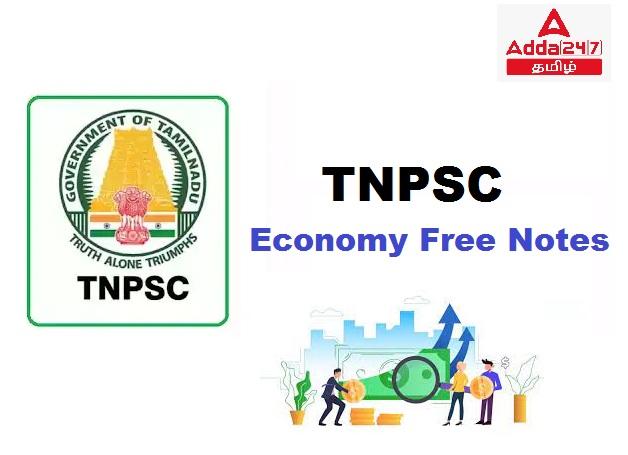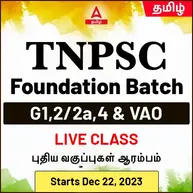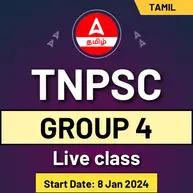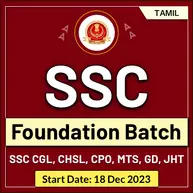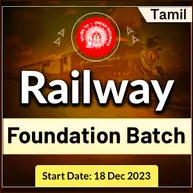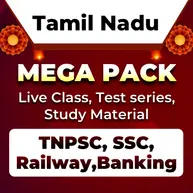இந்தக் கட்டுரையில், TNPSC குரூப் 1, குரூப் 2, குரூப் 2A, குரூப் 4 மாநிலப் போட்டித் தேர்வுகளான TNUSRB, TRB, TET, TNEB போன்றவற்றுக்கான முறைகள் இலவசக் குறிப்புகளைப் பெறுவீர்கள்.தேர்வுக்கு தயாராவோர் இங்குள்ள பாடக்குறிப்புகளை படித்து பயன்பெற வாழ்த்துகிறோம்.
Types of economics
The subject Economics is classified into two branches, namely, Micro Economics and
Macro Economics.
Ragnar Frisch, a Norwegian economist and the co-recipient of the first Nobel Prize in
Economic Sciences coined the words ‘micro’ meaning small and ‘macro’ meaning large
in the year 1933.
However, macro economics in its modern form, began with John Maynard Keynes and
his book “The General Theory of Employment, Interest and Money” published in 1936.
Keynes offered an explanation for fall out from the Great Depression, when goods
remained unsold and workers unemployed. Hence, Keynes is regarded as the ‘Father of
Modern Macro Economics’.
Micro Economics
It is that branch of economics which deals with the economic decision making of
individual economic agents such as the producer, the consumer etc.
It considers small components of the whole economy.
It deals with the process of price determination in case of individual products and
factors of production.
It is known as price theory.
It is concerned with the optimization goals of individual consumers and producers
Macro Economics
It is that branch of economics which deals with aggregates and averages of the entire
economy.
E.g., aggregate output, national income, aggregate savings and investment, etc.
It takes into consideration the economy of the country as a whole.
It deals with general price-level in any economy.
It is also known as income theory.
It is concerned with the optimization of the growth process of the entire economy.
Basic Economic Problem
What and how much to produce?
Every society must decide on what goods it will produce are and how much of these it
will produce. In this process, the crucial decisions include:
Whether to produce more food, clothing and housing or to have more luxury goods
Whether to have more agricultural goods or to have industrial goods and services
Whether to use more resources in education and health or to use more resources in
military services
Whether to have more consumption goods or to have investment goods
Whether to spend more on basic education or higher education
How to Produce?
Every society has to decide whether it will use labour intensive technology on capital intensive
technology; that is whether to use more labour and less more machines and vice versa.
For whom to produce?
Every society must also decide how its produce be distributed among the different
sections of the society.
It must also decide who gets more and who gets less.
It should also decide whether or not a minimum amount of consumption be ensured for
everyone in the society.
Due to the scarcity of resources, a society faces the compulsion of making choice among
alternatives. It faces the problem of allocating the scarce resources to the production of
different possible goods and services and of distributing the produced goods and
services among individuals within the economy
**************************************************************************
| Adda247 TamilNadu Home page | Click here |
| Official Website=Adda247 | Click here |

